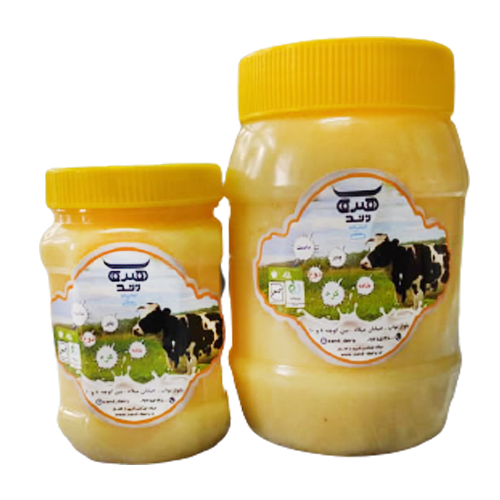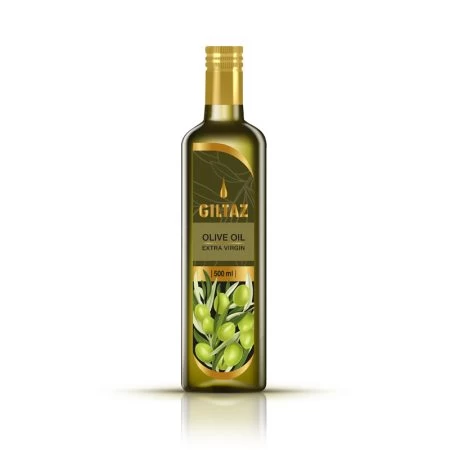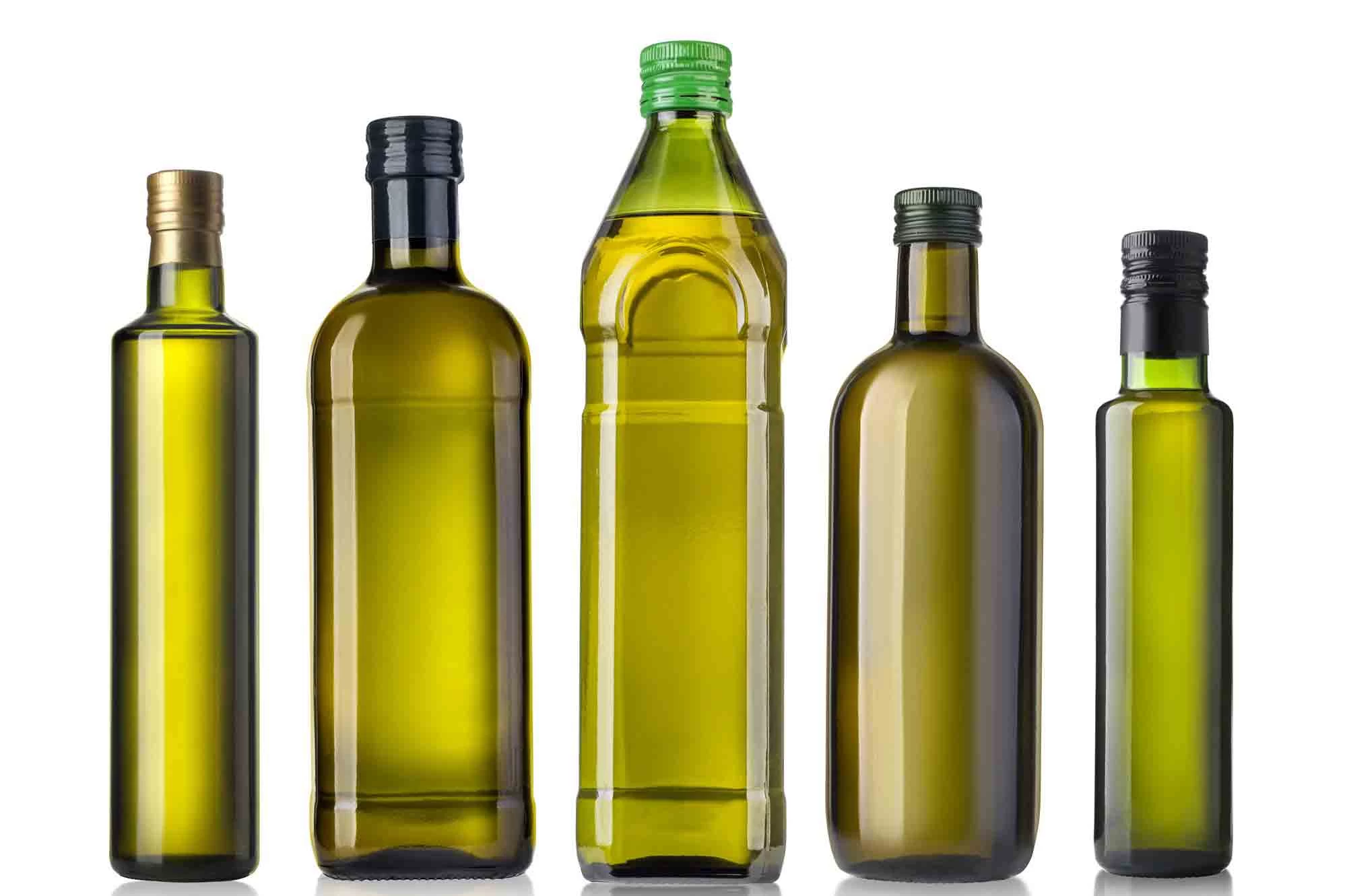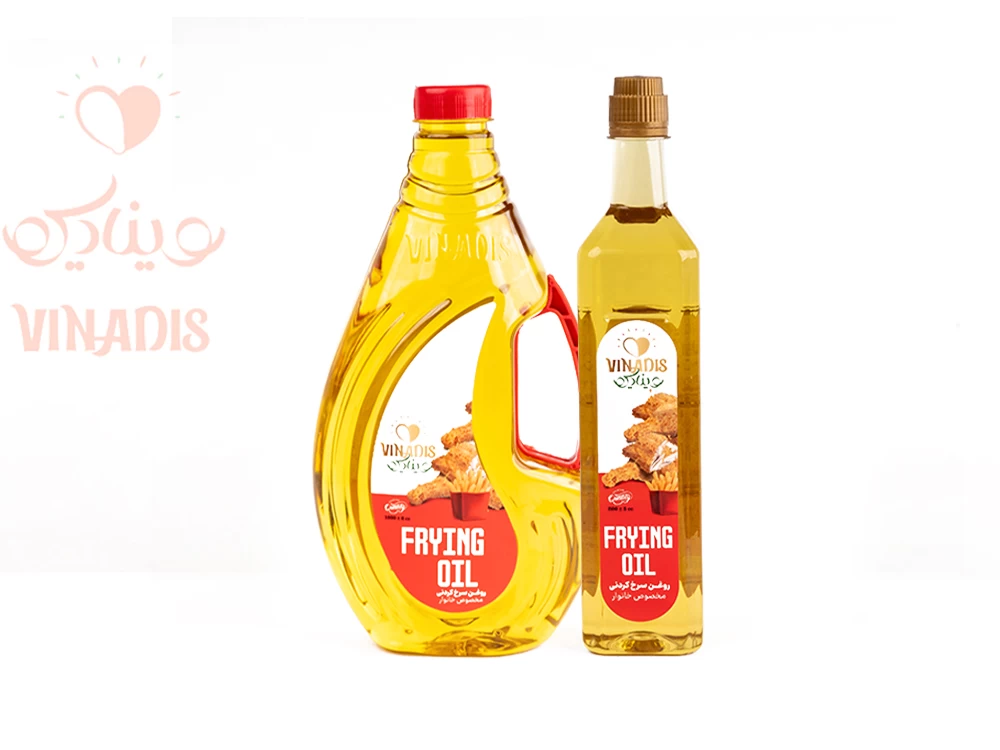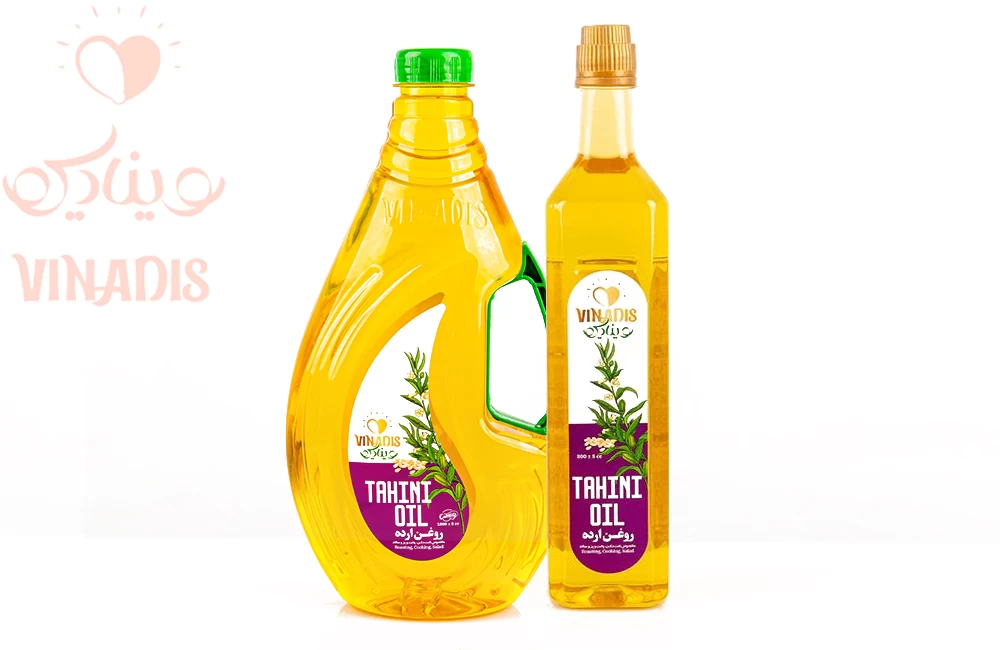Animal oil is rich in fat-soluble vitamins A and E and is rich in K2 and CLA (conjugated linoleic acid).
Arachidonic acid in animal oils increases HDL and decreases LDL.
Animal oil reduces inflammation as well as heart diseases.
Animal oil is rich in fatty acids that are directly absorbed by the liver and used as a source of energy for the body.
Animal oil is unique in weight control and body energy production.
Fatty acids in animal oil cause weight loss and help burn fat.
This oil is rich in butyric acid.
Terrestrial animal oils (like beef tallow, pork lard, and poultry oil) are another oil resource with potential for use as replacers of fish oil in diets for fish. Similar to rendered protein meals, these products are produced as a by-product from the production of other meat sources.
How Animal Fats are Processed. Waste fat from animal carcasses are removed and then made into an oil using a rendering process. Rendering consists of grinding the animal by-products to a fine consistency and cooking them until the liquid fat separates and pathogens are destroyed.
Many studies have shown that animal fat oils can increase total cholesterol levels in the blood, which will be detrimental to health. However, Ramsden et al. found that the risk of cardiovascular disease was greatly increased after the use of vegetable oils instead of animal fat oils
 +7929688-88-14
+7929688-88-14

 English
English
 Persian
Persian
 Russian
Russian
 Chinese
Chinese


 +7929688-88-14
+7929688-88-14

 Edible oil
Edible oil

